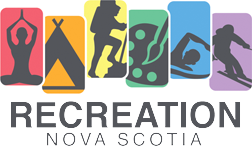News

Addressing Homelessness: Webinar
- Details
- Category: News
Addressing Homelessness: A Review Of Our Established System Of Care & How Municipalities Can Support
Nova Scotia's housing crisis in recent years has resulted in a steadily growing number of individuals within our communities experiencing homelessness.
Learn how you can help these within your community by joining representatives from 211 Nova Scotia, Alison Coldwell - Coordinated Access Manager with the Nova Scotia division of Canadian Mental Health Association and Kimm Kent, Program Director/Co-Founder of Peer Outreach Support Services Education (POSSE); as they review how an effective system of care operates, and explain how municipalities can assist through best practices, further education and advocacy.
January 29, 2025
12:00pm - 1:00pm
Via Zoom
FREE
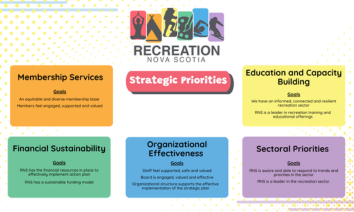
2025 RNS Strategic Planning Input
- Details
- Category: News
The RNS Strategic Plan is set to expire in 2025. The RNS Board convened in June 2024 to reflect on the plans' success/effectiveness and began re-engaging the sector to determine where our energies should be placed next.
A summary of the Board’s wisdom, thoughts, and actions were placed in one of three buckets:
- Education/training/skill development opportunities
- Membership services
- Acute and emerging sector priorities
As part of the 2024 RNS Conference, we hosted a strategic planning session where all delegates were encouraged to respond to posed questions to determine:
"What specific changes would you like to see through the advocacy and actions of RNS?"
Contributions during this session have helped inform RNS' current operational priorities and longer-range strategy and will guide the Board's direction of RNS going forward.
If you could not attend this strategic planning session during the 2024 conference or have more insights you would like to share, you can do so anonymously here.
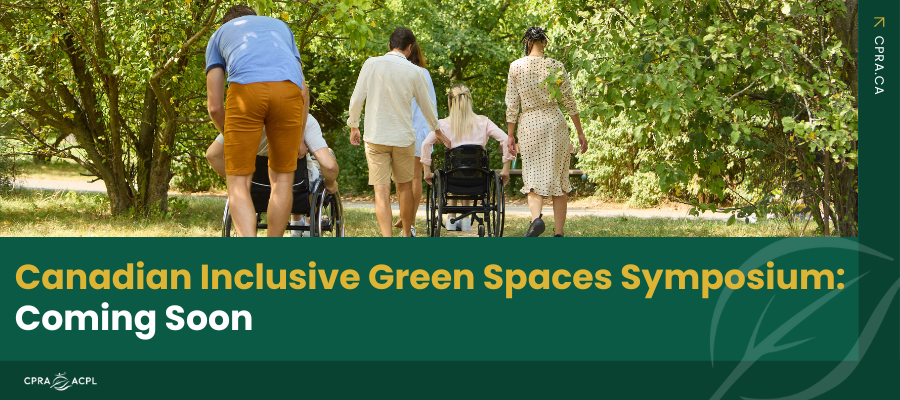
Canadian Inclusive Green Spaces Symposium (Invitation to Attend)
- Details
- Category: News
The Canadian Inclusive Green Spaces Symposium: Enhancing Access to Municipal Parks in Canada will take place June 11–13, 2025, in Saskatoon, SK. This landmark event, hosted by the Canadian Parks and Recreation Association (CPRA) and the Saskatchewan Parks and Recreation Association (SPRA) in partnership with Park People and the Canadian Parks Council, is generously supported by Parks Canada.
This gathering of leaders and innovators will convene stakeholders across Canada, focusing on urban and peri-urban green spaces, nature-based recreation partners, non-profit organizations, experts, and innovators. Together, we will discuss leading practices for advancing equity, diversity, inclusion (EDI) and reconciliation in urban, peri-urban, and municipal parks.
Key goals include:
- Building a national community of practice to foster collaboration and empower equitable park access across Canada.
- Exploring actionable strategies to enhance equity, diversity, and reconciliation in park management.
- Production of knowledge through a Symposium Proceedings report that identifies and scales "bright spots" in EDI practices and reconciliation to support the parks community.
RNS are inviting leaders in the parks and recreation sector, especially those passionate about access to urban parks and green space, to complete an expression of interest in attending this symposium.
The deadline to submit is January 13, 2025, by 5 pm.
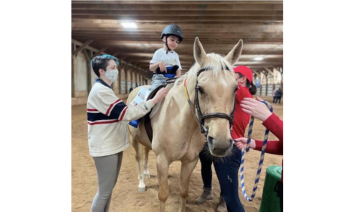
EDIA Highlight: The Halifax Lancers Therapeutic Riding Program
- Details
- Category: Stories & Highlights
"Being around horses can have such a calming effect on both our riders and volunteers; it's very magical!" Halifax Lancers Therapeutic Riding Program Volunteer Coordinator, Emily Jewers.
Recreation Nova Scotia's Equity, Diversity, Inclusion and Accessibility Highlights series is kicking off 2025 with a focus on the Halifax Lancers Therapeutic Riding Program. The Halifax Lancers is located in the heart of Halifax and is Canada's only urban, non-profit riding school and equine therapy centre. Lancers' mission is to 'Build Better Lives Through Horses'and have made horses and riding accessible to children in Halifax since 1936. Lancers owns and cares for 29 horses, known as the "Horses of Halifax," and offers programs to riders ages 6 to 75 with varying abilities and skill levels. They also offer an equine-supported wellness program and organize free public events. Among these are the free Musical Ride performances held twice a year in their riding ring across the street from Citadel Hill—once on Canada Day and again during their Open House in the fall.
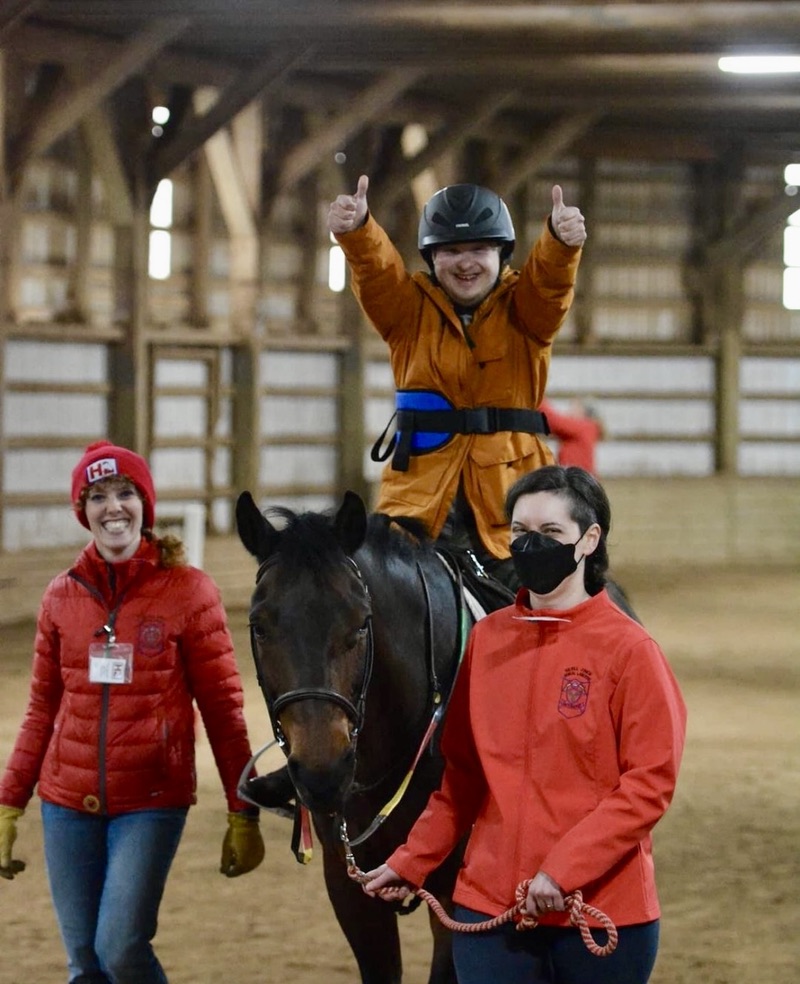 The therapeutic riding program has been in operation since the late 1960s and was originally created for the children's hospital and school for the blind. Today, it continues to be linked to the IWK Children's Hospital in Halifax and still offers therapeutic programming for people with disabilities. Selected horses and ponies receive extra training to prepare for activities and get familiar with the adaptive equipment used during lessons. Participants are provided with approved riding helmets and adaptive equipment they may need to participate. Two program sessions are held annually, which consist of two lessons a week for six weeks.
The therapeutic riding program has been in operation since the late 1960s and was originally created for the children's hospital and school for the blind. Today, it continues to be linked to the IWK Children's Hospital in Halifax and still offers therapeutic programming for people with disabilities. Selected horses and ponies receive extra training to prepare for activities and get familiar with the adaptive equipment used during lessons. Participants are provided with approved riding helmets and adaptive equipment they may need to participate. Two program sessions are held annually, which consist of two lessons a week for six weeks.
Because of Lancers' urban location, riders and program participants can walk, bike, and use Halifax Transit routes to reach the facility. The facility's parking area can also accommodate those requiring Access-A-Bus transportation.
Lessons are guided by instructor Juliana Boyd, volunteer coordinator Emily Jewerand, and a team of 50-60 volunteers. "Our volunteers are at the heart of our program," Emily says. "They are so dedicated and passionate about helping our riders achieve their goals each session. Many volunteers often say they get just as much out of volunteering as they put in and that spending time in the barn makes their day. Being around horses can have such a calming effect on both our riders and volunteers; it's very magical!" Anyone interested in volunteering for a future session can sign up on their website. No horse experience is necessary.
Lancers Board President Lynn Flewelling says therapeutic riding can help improve the physical, mental, emotional, and social well-being of most people with disabilities, "Riding for these equestrians can be a challenging and an invigorating form of exercise and recreation that gives the rider a sense of accomplishment and increased self-esteem." She says that for individuals with disabilities that affect mobility, the horse provides freedom of movement and independence from assistive devices such as wheelchairs and crutches. The physical benefits include improvements in balance and coordination and an increase in agility because of the mobilization of stiff joints and strengthening of muscles. The social, emotional, and mental benefits include improved communication, focus, self-esteem, and confidence.
Lancers strives to keep their programs financially accessible and offers rider bursaries to ensure people from all income levels can enjoy the Horses of Halifax. Lynn explains that donations the organization receives help support the therapeutic riding program, help replace retired horses, fund regular countryside vacations for the horses, cover repairs and maintenance of their heritage stables, and replace or update tack and equipment. Lynn also shared that the organization recently fundraised for an important facility upgrade: "We held a campaign to install an accessible ramp near the entrance to our arena, which has been a wonderful addition to the program."
 Looking forward to the future, Halifax Lancers is excited to announce a new partnership with Easter Seals Nova Scotia. Lancers Stables on Bell Road will host Easter Seals' annual "Learn to Ride" program, an inclusive equestrian day camp for children and youth with disabilities, in the summer of 2025.
Looking forward to the future, Halifax Lancers is excited to announce a new partnership with Easter Seals Nova Scotia. Lancers Stables on Bell Road will host Easter Seals' annual "Learn to Ride" program, an inclusive equestrian day camp for children and youth with disabilities, in the summer of 2025.
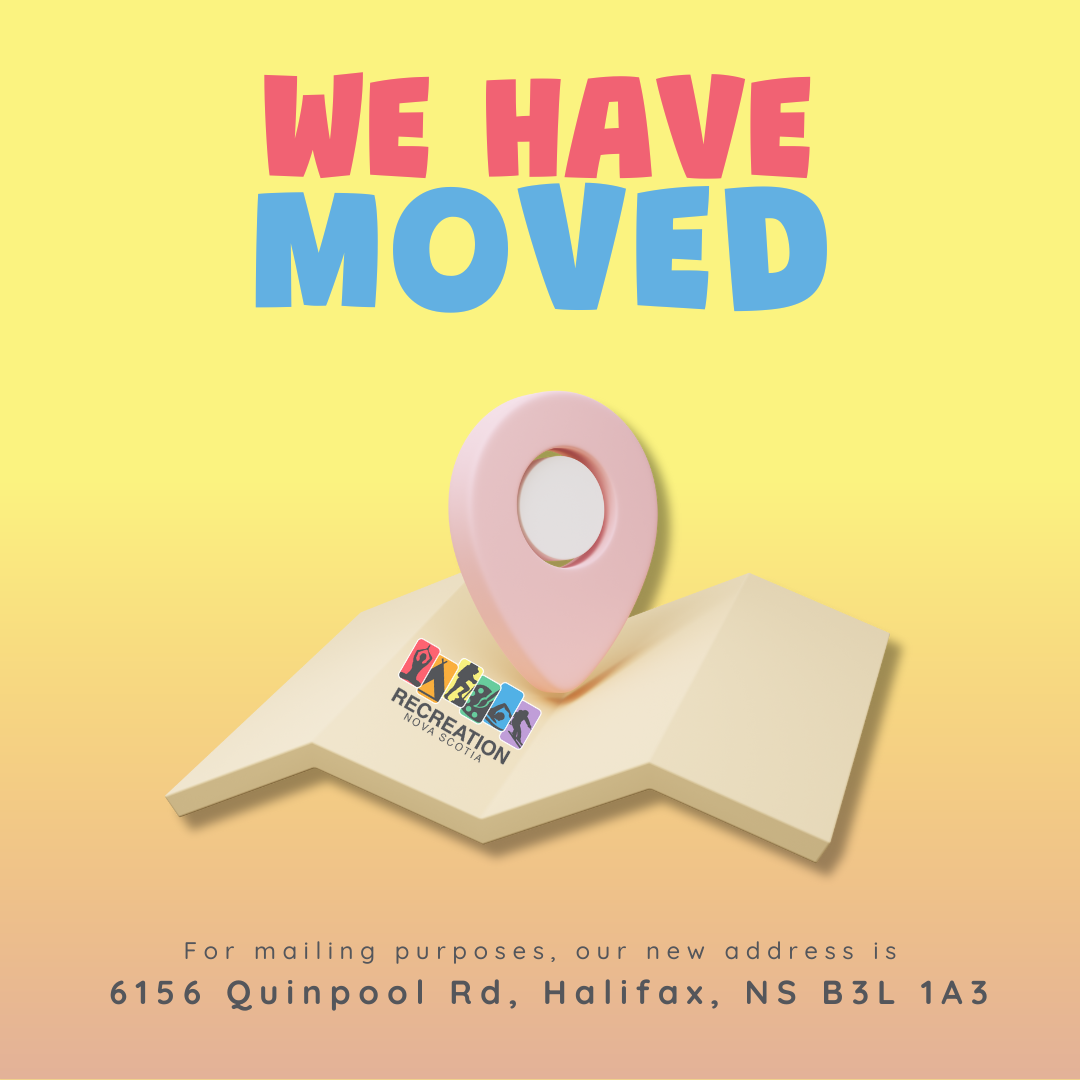
RNS New Address
- Details
- Category: News
Starting on January 1, 2025, the RNS team will now work completely remotely, allowing us to spend more time with our members in the communities where we live, work, and play.
For mailing purposes, our new address will be 6156 Quinpool Rd, Halifax, NS B3L 1A3.
Please update your files and send all cheques to this new address.
Questions? Email,
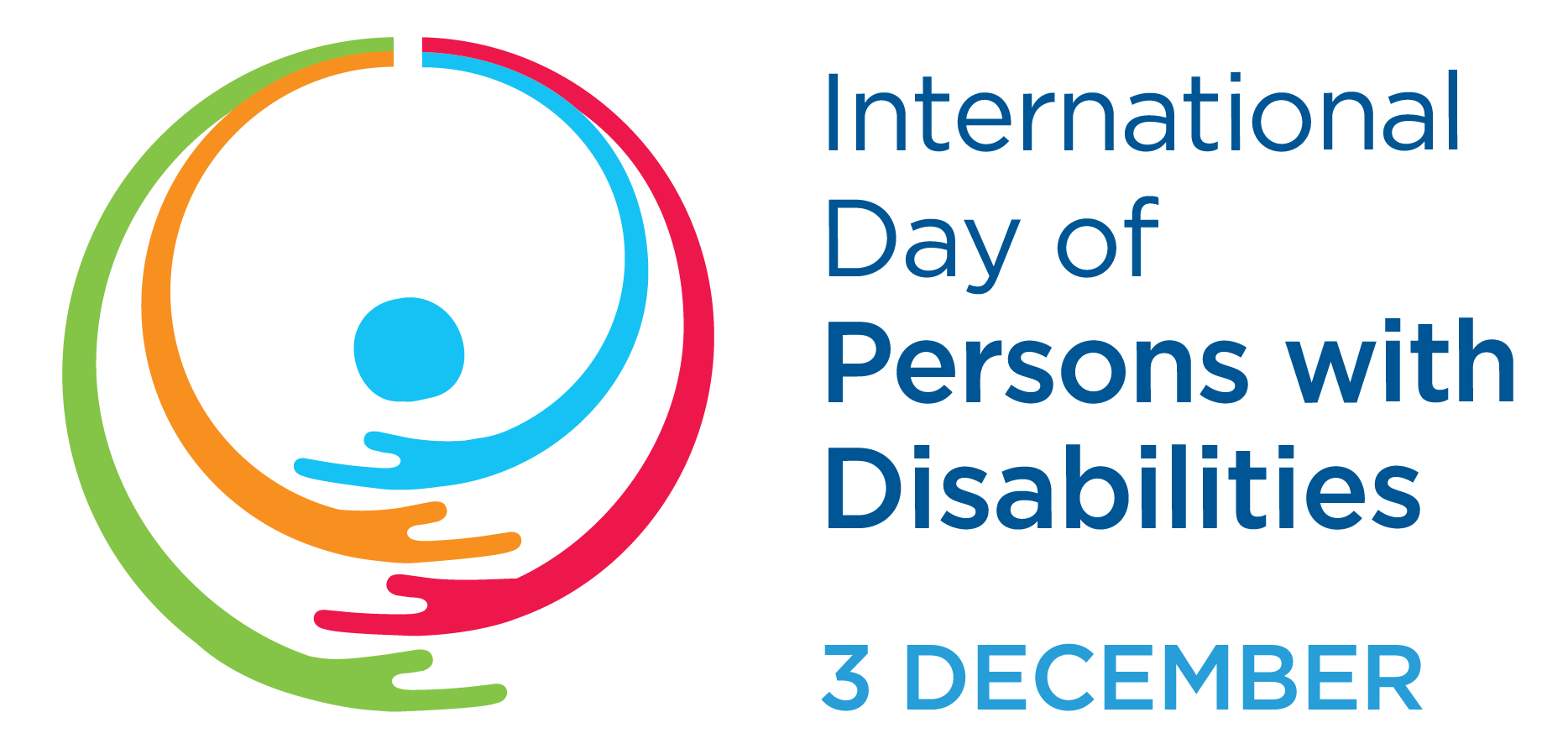
International Day of Persons with Disabilities
- Details
- Category: News
December 3 is the International Day of Persons with Disabilities, created in 1992 by the United Nations to promote understanding of disability issues and raise awareness for equal access for people with disabilities. The theme for 2024 is “Amplifying the leadership of persons with disabilities for an inclusive and sustainable future.”
Over 2 in 5 Nova Scotians have a disability. The Nova Scotia Accessibility Directorate has created a website to raise awareness about the experiences of disability in Nova Scotia, accessibility barriers, the Accessibility Act, and work happening across the province to become more inclusive. The website also includes a Resource Hub with video profiles of Nova Scotians with disabilities, posters, postcards, bookmarks, social media graphics, email banners, virtual backgrounds, webinars and more!
Check it out: https://ow.ly/jLU550UeVPb
______________________________________
Want to take part in this important day?
Join Active Living Alliance for Canadians with a Disability Vice Chair Mike Arthur, Project Manager Taryn Barry, and RNS Inclusion and Accessibility Coordinator Kerri Jack on December 3, from 12:00 pm - 1:00 pm on Zoom to learn more about the draft Municipal Guide to Promising and Best Practices for Disability Inclusion in Recreation and Physical Activity and how you can provide feedback and comments.
All are welcome to attend this event.
Register here: https://ow.ly/Uqon50UbYPY
